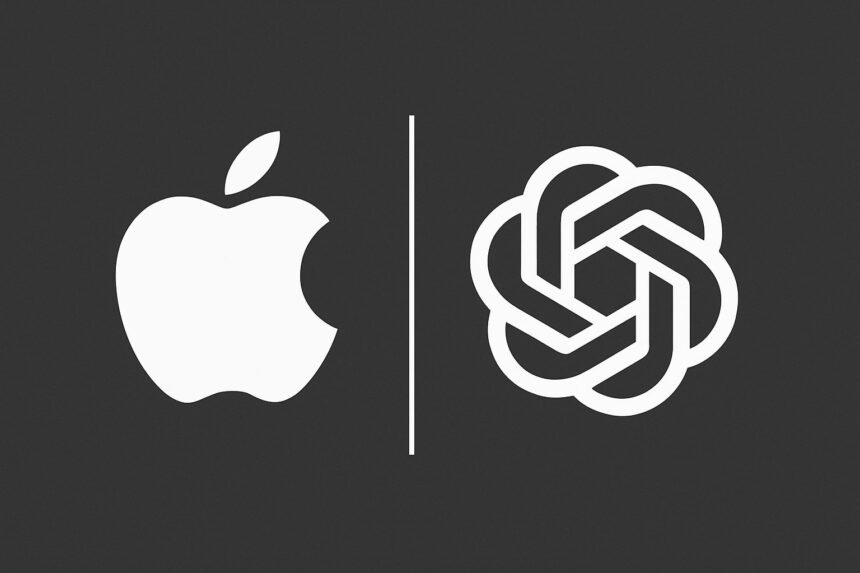Apple is reportedly planning to use AI models from outside for Siri, and that help could come from AI giants like OpenAI or Anthropic. More likely, Apple may consider using AI models, whether from Openai or another AI giant, Anthropic, to Enhance the performance of its voice assistant, Siri.
But what happened to its own AI Technology
Once Siri was in the forefront of AI voices. However, over the years, the rivals surpassed them with more AI models that offer quicker responses, More accuracy, and better conversation. ChatGPT, for example, can answer complex questions, generate text, summarize content, and more—all with a human-like touch. Siri, on the other hand, still struggles with basic follow-up questions.
Apple knows it has to catch up. And fast. So, rather than spending years developing a similar model from scratch, Apple is considering licensing technology from companies that have already cracked the code. Bringing in models like OpenAI’s GPT-4 or Anthropic’s Claude could make Siri far more capable, more intelligent, more conversational, and better at handling real-world tasks.
A Sign of Changing Times
Apple has always been known for doing things in-house. It designs its chips, builds its operating systems, and historically developed Siri from scratch. But the AI race is moving fast. OpenAI and Anthropic have been training massive models with billions of parameters—something that requires time, talent, and immense computing power.
By partnering with one of these AI companies, Apple can accelerate its progress and avoid falling further behind.
Apple in Active Discussions with Anthropic and OpenAI
Apple is currently in active discussions with both OpenAI and Anthropic, according to sources familiar with the matter. These conversations aim to explore possible partnerships that would bring external large language models (LLMs) into the Apple ecosystem, specifically to supercharge Siri’s intelligence.
Although no final decision has been made on this collaboration, these talks indicate that Apple is serious about integrating third-party AI technology into its services—something the company has rarely done in the past.
The outcome of these discussions could shape the evolution of Siri in the coming years. Apple may choose to go with one provider, partner with both, or even pursue different use cases for each, depending on performance, privacy, and licensing terms.
A Broader Trend in Big Tech
Apple isn’t alone in this kind of AI collaboration. Microsoft already works closely with OpenAI, bringing GPT-powered features into Word, Excel, and Teams. Amazon, meanwhile, has invested heavily in Anthropic and is working to integrate Claude into Alexa and AWS.
These partnerships show that even the biggest tech companies see value in working together to stay ahead in the AI race.
Apple’s potential partnership with OpenAI or Anthropic fits right into this trend—and signals that the company is serious about staying competitive.
Concerned About Privacy
Apple has consistently promoted features such as on-device processing and end-to-end encryption, which have kept it ahead of its competitors.
Apple needs to ensure that the user data is protected if it uses external AI models. That might mean limiting the amount of information shared with third-party models or even running a lighter version of these models directly on Apple devices.
You can expect Apple to maintain its privacy-first stance while introducing more intelligent AI features to its users.
Apple hasn’t officially confirmed anything yet. But the company is expected to reveal more about its AI plans with the launch of iOS 18, possibly later this year. If Apple finalizes its discussions with OpenAI or Anthropic, we could start seeing a much smarter Siri by the end of 2025.
In the meantime, these conversations make one thing clear: Apple is ready to make Siri smarter—and it might finally be ready to team up to make it happen.






